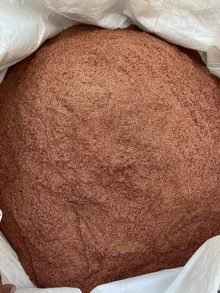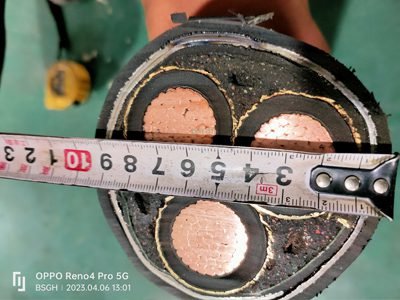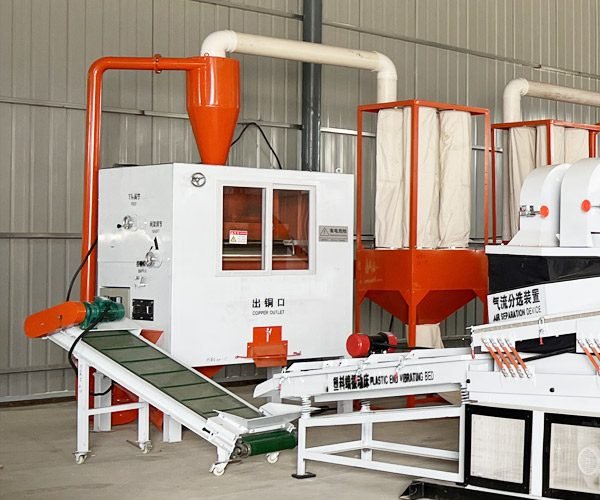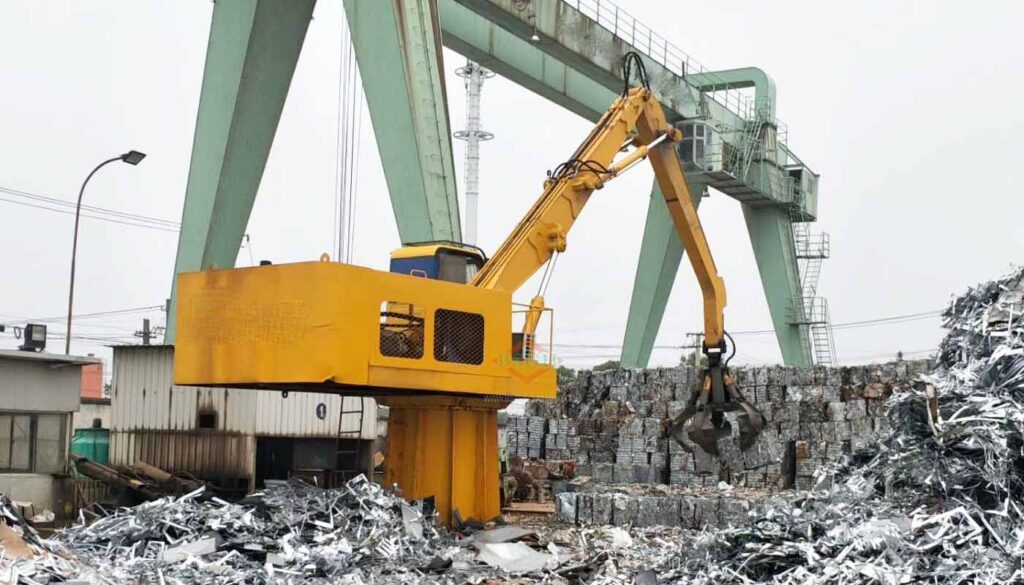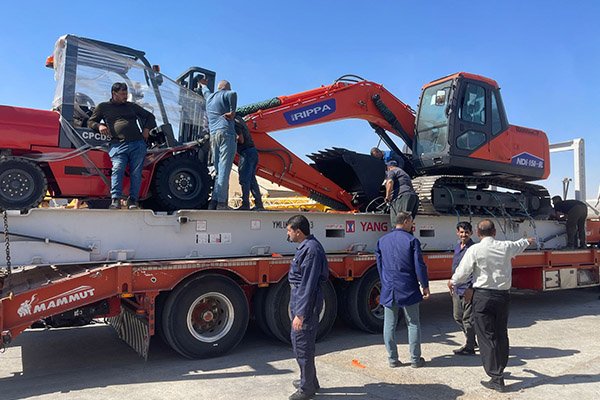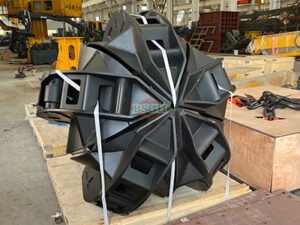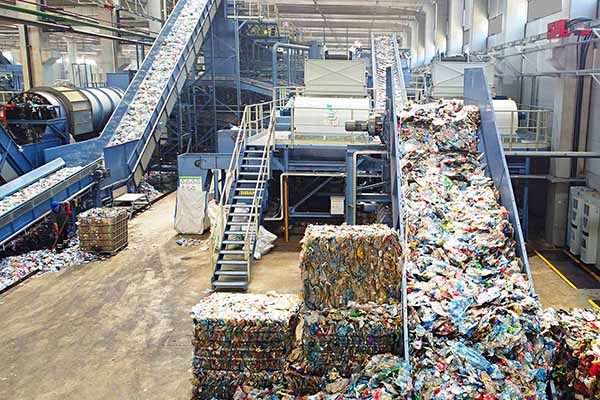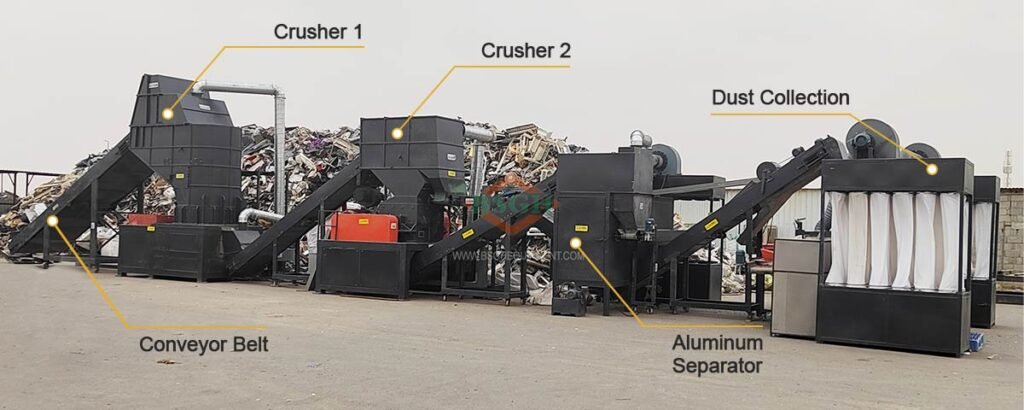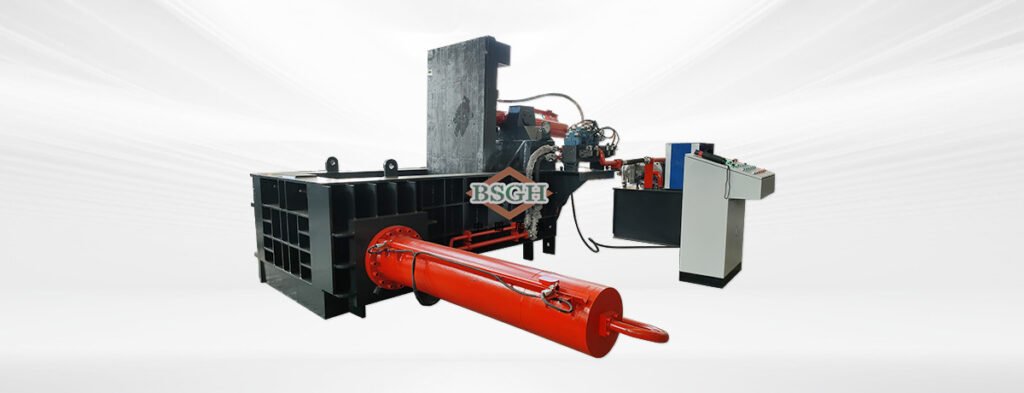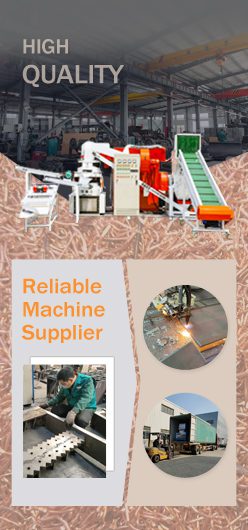Copper has been an indispensable hero in our everyday lives from powering our homes to enabling our smartphones. But what exactly makes copper so important? Why do industries ranging from construction to healthcare rely on it so much? In this article, we’ll explore the key properties of copper and how it influences contemporary technologies and future innovations.
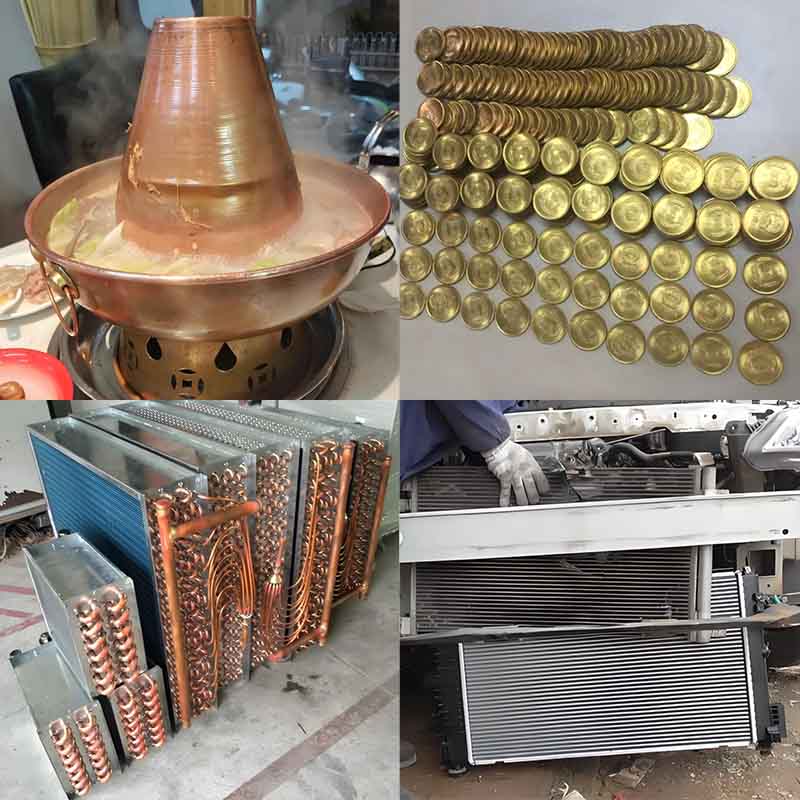
Why is Copper So Special?
Copper possesses many crucial properties that make it irreplaceable in various industries including superior electrical and thermal conductivity, remarkable malleability and ductility, excellent corrosion resistance, natural antibacterial property and high recyclability.
Let’s analyze these properties:
Electrical Conductivity
Copper holds the second-highest electrical conductivity among metals, surpassed only by silver. However, different from silver, there is abundant copper reserves with lower cost. Thus, copper becomes the first choice for global electrical wiring systems. Whether for high-voltage transmission lines, household wiring or smartphone circuitry, copper ensures an efficient and safe current transfer, making it an necessary element in modern electrical systems.
Thermal Conductivity
Copper is also famous for its exceptional thermal conductivity approximately 401 W/m·K at 25°C. The feature is crucial when requiring rapid heat transfer such as in heat exchangers, automotive radiators, AC and computer cooling systems. Besides, even heat distribution makes copper a preferred material in cookware and heating elements.
Malleability and Ductility
Copper is capable of being flattened into thin wires or hammered into sheets without cracking due to its superb malleability and ductility. These characteristics keep copper highly adaptable in the manufacturing industry, ranging from delicate electronic components to large-scale architectural piping systems. As a result, copper can be alloyed easily with other metals such as zinc (to form brass) or tin (to make bronze), further expanding its range of applications.
Résistance à la corrosion
When exposed to the atmosphere, it naturally forms a thin layer of copper oxide on the surface significantly prevents further damage. Copper’s ability against corrosion ensures it an ideal choice for plumbing systems, marine hardware and industrial equipment exposed to moisture or chemicals.
Antibacterial Property
Copper has another little-known but vital trait — antimicrobial ability. It is amazing that bacteria, viruses and fungi can be killed once contacting copper. Consequently, it has been widely used in hospital infrastructure, medical instruments, door handles and other high-touch places.
High-grade Recyclability
Copper maintains over 95% of its original mechanical and electrical properties even after recycling for many times. Recycling copper saves up to 85% energy than extract it from raw ore, significantly reducing environmental impact. In a word, copper is not only economically valuable but also environmentally sustainable.
Here’s a table explaining these key properties:
| Propriété | Explanation |
| Electrical Conductivity | Low impedance, high conductivity and superior current-carrying performance |
| Thermal Conductivity | Efficient heat transfer |
| Résistance à la corrosion | Resists corrosion from water and chemicals |
| Malleability and Ductility | Can be easily shaped and formed without cracking |
| Antibacterial Property | Reduces or inhibits the growth and reproduction of bacteria |
| Recyclability | Can be used again after recycling |
What Are the Top 5 Industries for Copper Application?
When talking about copper, it is typically associated with cable wire, but that’s just the tip of the iceberg. This powerful metal is a silent hero influencing many significant industries. Here are the top 5 industries where copper is most widely used:
Let’s explore each of these industries in detail:
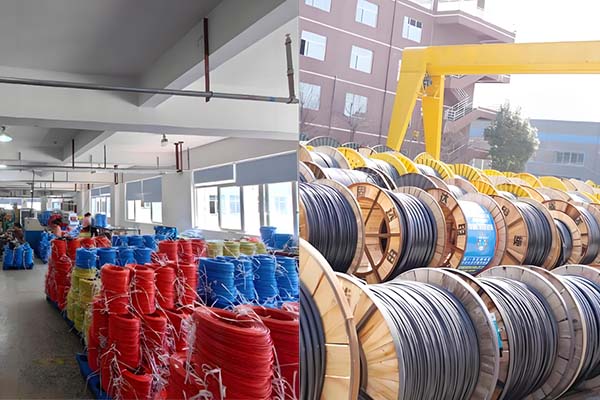
Electrical and Electronics Industry
It is the largest sector using copper around the world. Because of its exceptional electrical conductivity, copper is a superior material in electrical wiring, power cables and busbars. Besides, it can also be found from lighting your home, charging your phone to powering a data center. Copper becomes crucial in electronic devices, including printed circuit boards (PCBs), connectors, semiconductors and microchips. With the rise of intelligent devices and the Internet of Things (IoT), copper has played a more and more important role in electronics.
Construction
Copper is a key material in residential, commercial and industrial construction, commonly used in piping systems for water and gas due to its corrosion resistance, reliability and long lifespan. In addition, copper is also utilized in flashing and gutters, providing both a practical and aesthetic solution. As buildings adopts more energy-efficient and advanced design, copper is increasingly applied in intelligent systems, solar installations and heating applications.
Industrial Machinery
Copper is indispensable in factories and heavy industries. Specifically speaking, it can be used in the windings of electric motors, converting electrical energy into mechanical motion. The thermal conductivity also makes copper a suitable choice for heat exchangers and cooling systems in the manufacturing industry. Its strength and machinability further enable copper used in valves, pumps and precision equipment in various industrial situations.
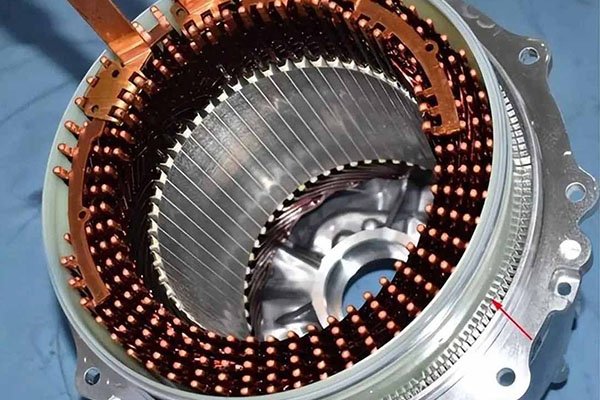
Transportation
Copper is extensively applied in the automotive field such as wiring harnesses,alternators and batteries as well as in electric vehicles (EV), its copper content is much higher than that in traditional ones because of relying heavily on electrical components. Moreover, copper is also widely used in aerospace and marine industries including navigation systems, communication wiring and engine components due to its reliability and high performance under extreme conditions. In short, copper plays a vital role ranging from automotive to aviation & ships.

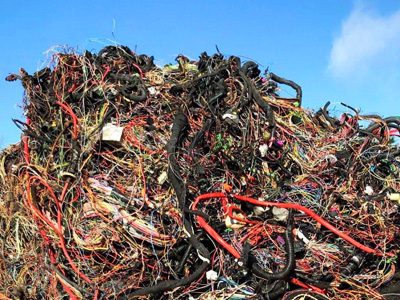
Healthcare
Copper’s natural antimicrobial properties make it highly valuable in healthcare settings. Many high-touch places in hospitals put it into use including bed rails, doorknobs and IV poles, to reduce the spread of infections. Copper is also fully utilized in medical instruments and diagnostic equipment. Additionally, in order to promote tissue regeneration and keep a hygienic environment, copper-infused textiles can be found in wound dressings, compression garments and face masks.
Here’s a table summarizing these top 5 applications:
| Industrie | Application |
| Electrical & Electronics Industry | Copper wires, cables, circuit boards, connectors |
| Construction | Piping systems, flashing, gutters, wiring for intelligent systems, solar installations and heating applications |
Industrial Machinery | Motor windings, heat exchangers, cooling systems, valves, pumps and precision equipment |
Transportation | Automotive field, aerospace components and ship manufacturing |
Healthcare | Hospitals, medical instruments, diagnostic equipment, wound dressings, compression garments and face masks |
What Does the Future Hold for Copper?
Will copper die down or turn even more essential in the future?
The global demand for copper is enormous and expected to continue rising, particularly in fields like electric vehicles (EV), 5G technology and clean energy.
Here are the reasons why the future of copper seems brighter:
Electric Vehicles
Electric vehicles greatly require more copper than traditional gasoline-powered cars. As the amount of electric vehicles increases, so will the needs for copper.
5G Technology
5G technology requires more copper wiring and infrastructure that will promote greater demand for copper in the coming years.
Clean Energy
Copper is a key material for renewable energy like solar panels, wind turbines and energy storage systems. As the world transitions to cleaner energy sources, the demand for copper will continue to grow.
Here’s a table summarizing copper demands:
| Sector | Demand |
| Electric Vehicles | Need more copper than gasoline-powered cars |
| 5G Technology | Requires more copper wiring and infrastructure |
| Clean Energy | Transitions to cleaner energy sources including solar panels, wind turbines and energy storage systems |
Conclusion
Copper is more than just a metal—it’s the backbone of modern life. Its unique properties make copper essential in countless industries, from controlling our homes to supporting healthcare. Copper will become more and more necessary with the innovative technology, especially in areas like electric vehicles, renewable energy and intelligent infrastructure. Its recyclability also makes copper a sustainable choice for the future. Whether seeing it or not, copper is silently shaping our world and its importance never fade away.
By the way,we are professional for all types of scrap copper recycling machine manufacturer in China more than 30 years, if you have anything about copper need to recycling, pls contact us freely.

